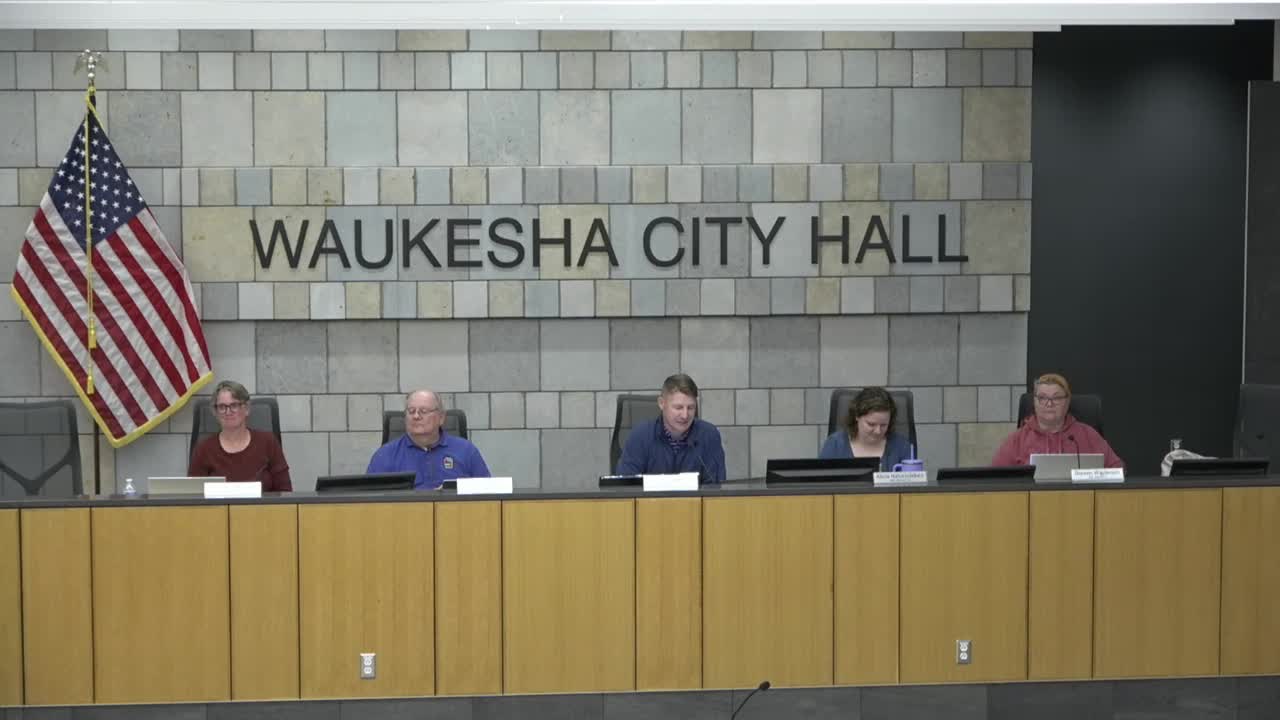Fire department highlights mobile integrated health, training grants and staffing impacts on overtime
Get AI-powered insights, summaries, and transcripts
Subscribe
Summary
The fire department reported expanding its mobile integrated health/caseworker work, won federal grants for paramedic education and community risk reduction, discussed apparatus cost-controls and cited duty-related injuries and sick leave as major drivers of overtime.
WAUKESHA, Wis. — Fire Chief Rob Goplin and Assistant Chief Tim Fleming told the Finance Committee the department expanded its mobile integrated health work in 2025, secured federal grants for paramedic education and community risk reduction and is reviewing apparatus specifications to control future costs.
Goplin said the mobile integrated health/caseworker position handled more than 70 referrals and had more than 14 open client cases as of August, describing the role as connecting people with homelessness, substance-use or mental-health challenges to services and reducing emergency reliance on 911.
Grants and apparatus work
The department said it secured about $300,000 in federal grants for paramedic education and community risk-reduction efforts. An apparatus-specification committee reviewed costs and found modest savings (the chief cited $25,000 on one rig already under contract) and will continue to seek specification changes to lower purchase prices and delivery times.
Overtime drivers and staffing
Chief Goplin told the committee that personnel costs are the primary budget driver and that the 2026 personnel increase reflects a recently settled four-year labor contract. When asked how a $500,000 reduction would be handled, he said such a cut would require difficult service and staffing trade-offs because about 90% of department operating costs are personnel.
On overtime, committee members asked why the department experienced a $260,000 overtime overage in 2025; Goplin said about 35% of the department's overtime that year was related to duty injuries, with other overtime due to sick leave or long-term absences. He said EMS-transports and the billing contract also affect operating and professional-services lines because the billing vendor is paid as a percentage of collections.
Sources and attribution
Remarks are summarized from the department presentation and public Q&A; formal votes on fire funding did not occur during the session.
